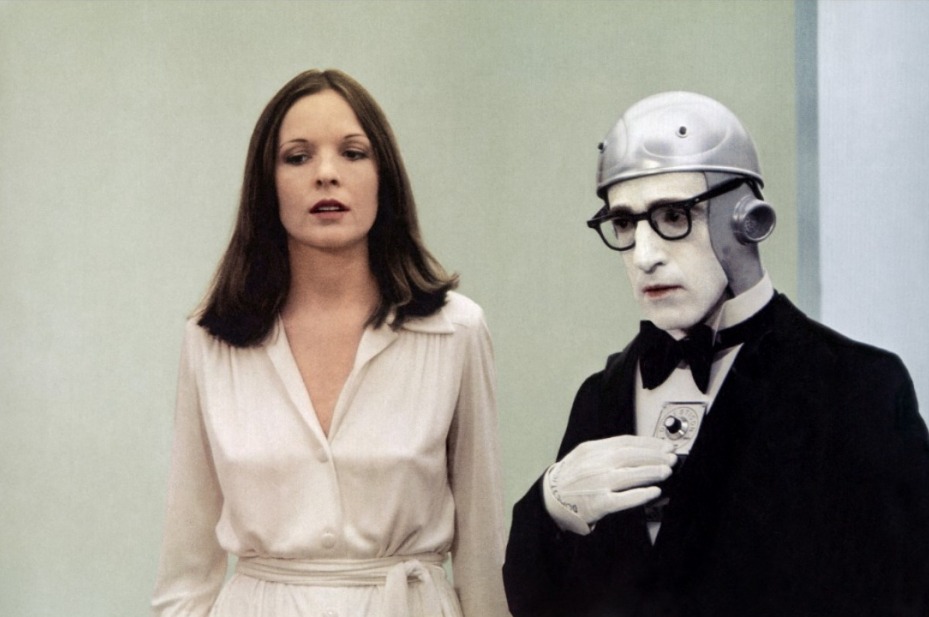I’ve written before that I don’t think it’s clear how we reconcile an automated society and a capitalist one. We managed to reinvent work in America during the Industrial Revolution by throwing ourselves into new information businesses (marketing, public relations, advertising, etc.). Perhaps such alternatives will emerge again. If not, we need to reconfigure our economic model, maintaining free markets but sharing the wealth somehow. Otherwise inequality will reach traumatic levels. At the New Yorker blog, Joshua Rothman interviews Tyler Cowen about these issues and others. I have questions about Cowen’s vision of America’s future, but he always makes intelligent points. The interview’s opening:
“Question:
In Average Is Over, you argue that inequality will grow in the U.S. for the next several decades. Why?
Tyler Cowen:
There are three main reasons inequality is here to stay, and will likely grow. The first is just measurement of worker value. We’re doing a lot to measure what workers are contributing to businesses, and, when you do that, very often you end up paying some people less and other people more. The second is automation—especially in terms of smart software. Today’s workplaces are often more complicated than, say, a factory for General Motors was in 1962. They require higher skills. People who have those skills are very often doing extremely well, but a lot of people don’t have them, and that increases inequality. And the third point is globalization. There’s a lot more unskilled labor in the world, and that creates downward pressure on unskilled labor in the United States. On the global level, inequality is down dramatically—we shouldn’t forget that. But within each country, or almost every country, inequality is up.
Question:
You think that intelligent software, especially, will make the labor market more unequal. Why is that the case?
Tyler Cowen:
Because of the cognitive requirements of working with smart software. And it’s also about training. There’s a big digital divide in this country.”
Tags: Joshua Rothman, Tyler Cowen

